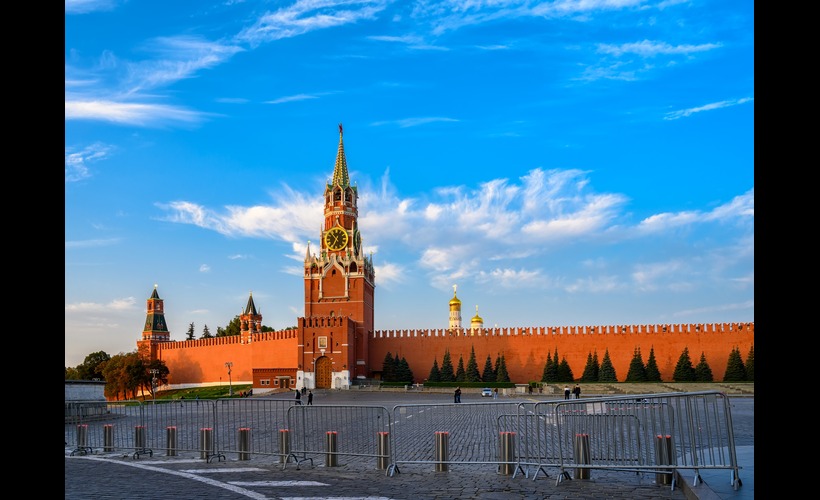Solidarity – a word that according to most dictionaries expresses a feeling of unity between people of the same interests or goals and support for one another because of shared aims. Do these definitions really capture the meaning of the phenomenon of solidarity? In his lecture, Dr Kołtan will argue that the dominant definitions of the word overlook its key feature – for solidarity is more about leaning out of the self to the other. The modern idea of solidarity was born in the early 19th Century, when people began to populate cities on a massive scale, breaking with traditional models of living and pursuing their individual life projects. Solidarity was therefore not to be another synonym for fraternity, brotherhood or charity but was to replace them with a vision of a new, diverse and emancipating society. It was, after all, about individualised, unconnected, increasingly different people who had to start a struggle for political liberation. The problem of solidarity returns to us demanding that it be taken as seriously as the crucial ideals of modern democracy – freedom and equality. Are we ready to take up this challenge today?
Speaker: Dr Jacek Kołtan, European Solidarity Centre in Poland
Chair: Dr Donatas Kupčiūnas, Postdoctoral Research Associate, Centre for Geopolitics
Organised in partnership with the Wolfson College Humanities Society.







